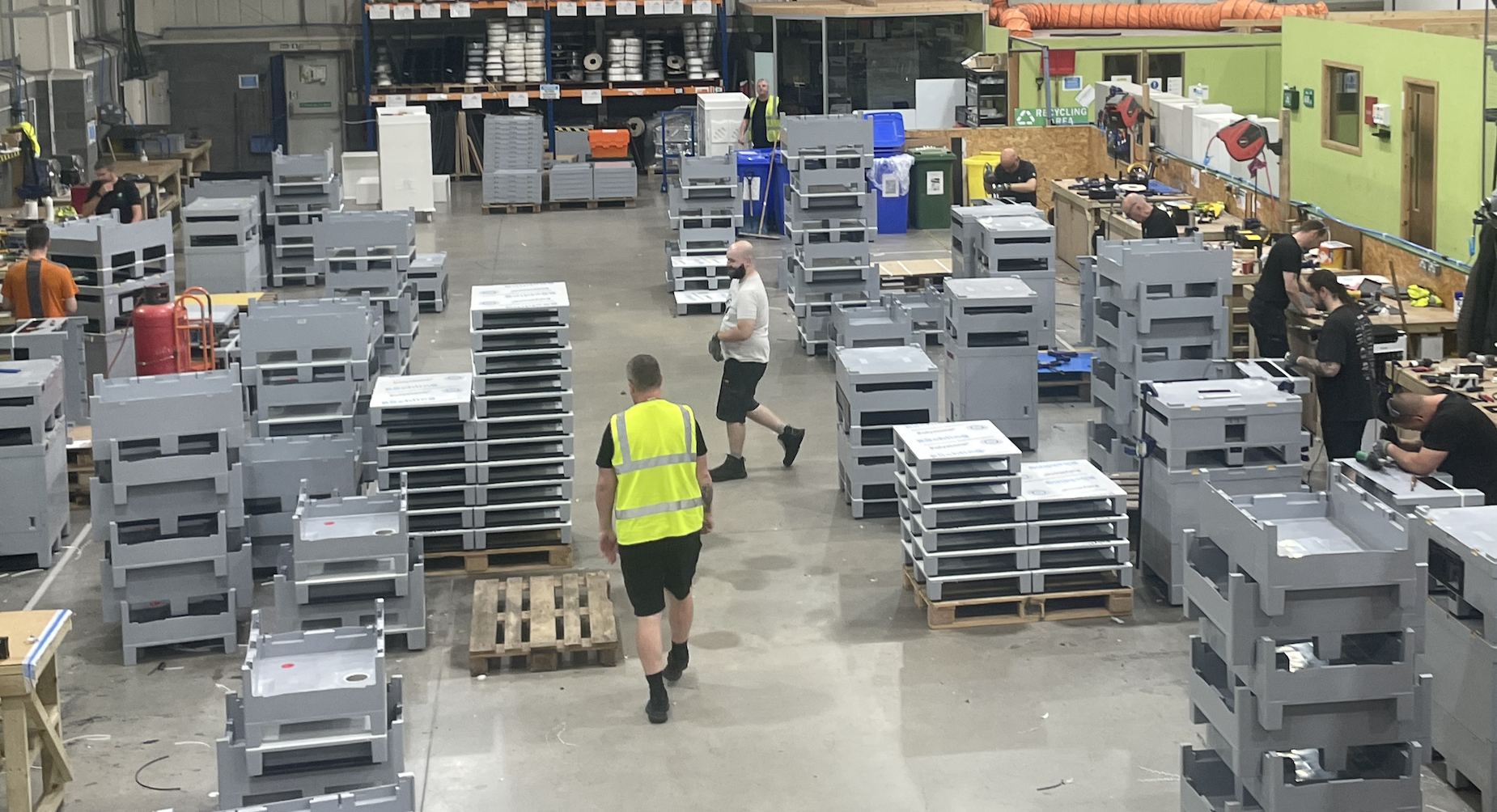posted by Phill Allen
August, 24th, 2015
Company News Pharmaceutical Industry News
3D-printing enables the pharmaceutical industry to develop drugs against the specific needs of patients, according to the executive director of the American Institute of the History of Pharmacy.

Gregory Higby, also a University of Wisconsin professor, was speaking as the US Food and Drug Administration gave the go-ahead to the production of the world’s first 3D-printed drug.
Spritam, a fast-dissolving tablet that can be printed up to 1,000mg to make it easier for epilepsy patients to swallow, was developed by Aprecia Pharmaceuticals.
Professor Higby said that whilst he wasn’t privy to the specifics of Aprecia’s plans, the technique hearkened back to days of old.
“They sound like a return to the days of pharmacy compounding except that a machine is producing the pills instead of a pharmacist,” he said in comments reported by the Business Insider.
“In other words,” explained Professor Higby, “100 years ago, any pharmacist could mix together active and inactive ingredients to the specific strength prescribed by a physician for a patient. Now, you apparently tell the ‘printer’ to do it.”
“Some entity still has to produce the drug – the active ingredient in the printer – and that will continue to be controlled by large manufacturers. Only they can afford the costs of getting a new drug approved by the FDA,” he added.
When it came to generics though, he doubted that hospitals would choose to replace “small bottles, the size of large peanut-butter containers, with a whole bunch of drug ‘printers’.”
“Some other technology will push this aside,” added Professor Higby. “We don’t have bookstores with on-demand book-printing machines, which do exist; we have Amazon and Kindles.”
The more likely source of “any future pharmacy innovation”, he considered, would be “influenced by middlemen” including pharmacy benefit managers and the corporations who negotiate between drug companies and health insurers.
According to Aprecia, Spritam will launch in the first quarter of 2016. The pharmaceutical company is now said to be eyeing the development of other medications using its 3D platform.
TAGS:
3D-printing, Aprecia Pharmaceuticals, drug development, Pharmaceutical,
SHARE:
Author
Phill Allen
Managing Director
Phill is an innovative thinker particularly in fluid management. His expertise lies in ensuring the seamless flow of pharmaceutical liquid logistics, whether it's optimising current processes or pioneering new approaches.




